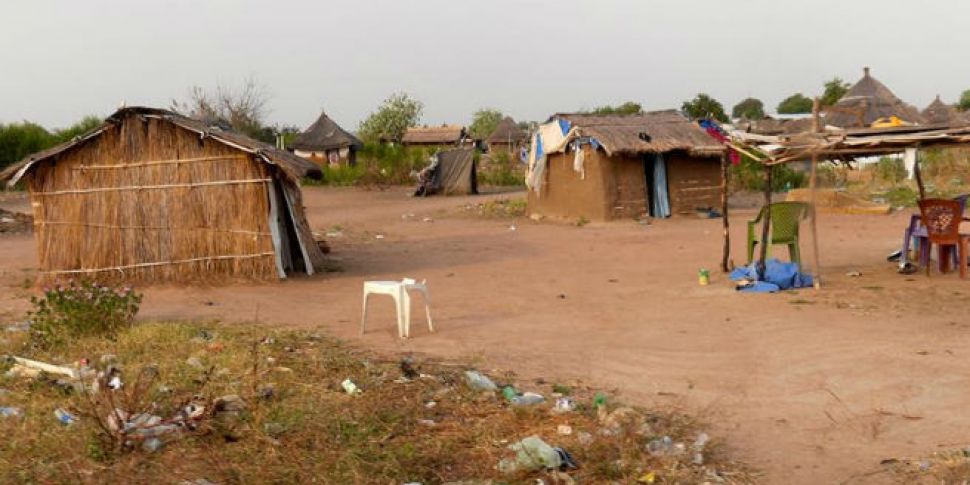Peace talks aimed at ending the 3 week conflict engulfing South Sudan are starting in Addis Ababa after days of delays and a general lack of will, coming from both sides to the conflict.
A refusal by rebels loyal to former deputy president Riek Machar to a ceasefire ahead of talks, compounded by President Kir refuting any suggestion of a return to power-sharing is hampering hopes of peace negotiations bearing any fruit.
Fighting erupted among soldiers within the Presidential guard on December 15th following months of political unease which started when President Kir, a member of the Dinka tribe, fired Riek Machar, a member of the Nuer tribe.
Hopes that the fighting would remain among the President’s elite military force proved misguided as intense violence along tribal lines spread rapidly and within a day, across 7 out of 10 of South Sudan’s states.
Over 200,000 people have become displaced and over 1,000 have died in the 3 week conflict, so far.
The UN and NGO’s such as Irish aid agency, CONCERN are unable to access parts of the North of the country in Unity state in its capital Bentiu as well as part of Upper Nile state.
Meanwhile, the conflict is deepening around the country with fighting moving closer to Juba, South Sudan’s capital where fighting began on December 15th.
Strategic cities such as Bor, the capital of Jonglei - the main oil producing state which is situated 74 miles from Juba is held by rebel forces but the SPLA (Sudan’s People Liberation Army), says it is intent on retaking Bor.
Conflicting reports about the strength of rebel forces in mobilising extra fighters as well as rousing support from South Sudan’s notorious Lou- Nuer White Army (named that because they paint themselves using white ash) are abound.
Currently, the rebel forces are mainly made up of defections from the President’s guard and are among the country’s elite soldiers, now fighting their former comrades who remain in support of the government.
Militarily, President Kir continues to have the upper hand as well as a guarantee of additional Ugandan troops. Uganda’s President Museveni earlier warned Riek Machar that east African states would “go for him” if he did not submit to talks.
If all peace is brokered it would likely require some level of power-sharing and a resolve for those who have been evacuated from their homes.
At present, none of this is likely.
Have a listen to the update from Shona on this morning's Newstalk Breakfast Show










